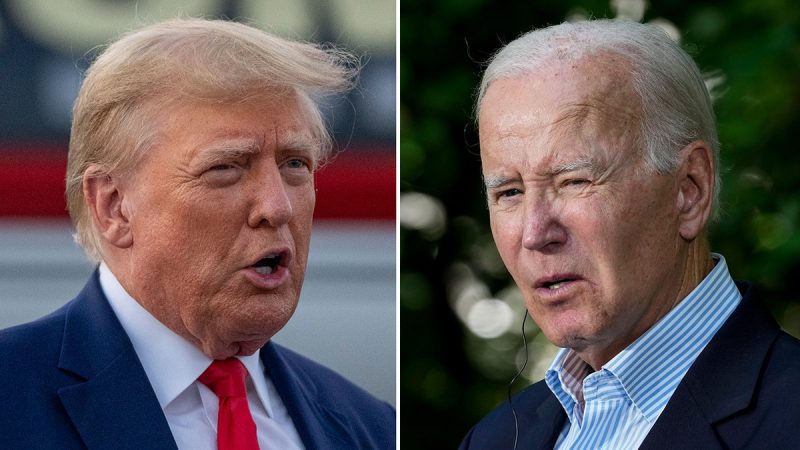In a recent backlash against the Biden administration’s handling of the U.S. troop withdrawal from Afghanistan, former President Donald Trump has criticized President Joe Biden for not holding any accountable for what he deems a botched withdrawal. Trump, known for his no-holds-barred approach to criticism, specifically targeted the generals involved in the planning and execution of the withdrawal, calling them incompetent and urging Biden to take action.
Trump’s scathing comments come in the wake of the chaotic scenes that unfolded as the Taliban swiftly seized control of Afghanistan following the withdrawal of U.S. troops. The former president has not been shy in expressing his disapproval of how the situation was handled, and he has been quick to point fingers at those he believes are responsible for the perceived failures.
While Trump’s criticism of the military leadership may resonate with his supporters, it is essential to consider the complexities and challenges surrounding the withdrawal from Afghanistan. The decision to withdraw troops after almost two decades of U.S. military presence was not one that was taken lightly, and the process was bound to be fraught with difficulties.
It is crucial to recognize that the military generals involved in the planning and execution of the withdrawal were operating under challenging circumstances. The situation on the ground in Afghanistan was rapidly evolving, and the timeline for the withdrawal was set by the previous administration. The generals had to navigate a delicate balance between executing the withdrawal while ensuring the safety of U.S. troops and Afghan allies.
In addition, the Taliban’s rapid advances and the collapse of the Afghan government were factors that were difficult to predict and control. The chaos that ensued was a testament to the complexities of the situation and the challenges of executing a withdrawal of this scale.
While criticism and accountability are essential aspects of governance, it is also essential to approach the situation with nuance and understanding. The U.S. troop withdrawal from Afghanistan was a highly complicated and unprecedented operation, and assigning blame to individuals may oversimplify a multifaceted issue.
As the Biden administration faces scrutiny and criticism for its handling of the Afghanistan withdrawal, it is crucial to learn from the mistakes made and to strive for transparency and accountability moving forward. While Trump’s criticism may add to the political discourse surrounding the issue, it is essential to approach the situation with a balanced perspective and a focus on learning and improving for the future.
In the aftermath of the Afghanistan withdrawal, it is paramount to reflect on the lessons learned and to work towards ensuring the safety and security of U.S. troops and allies in future military operations. By acknowledging the complexities and challenges of the withdrawal process, we can strive to move forward with a greater understanding of the implications of such actions and a commitment to better decision-making in the future.

